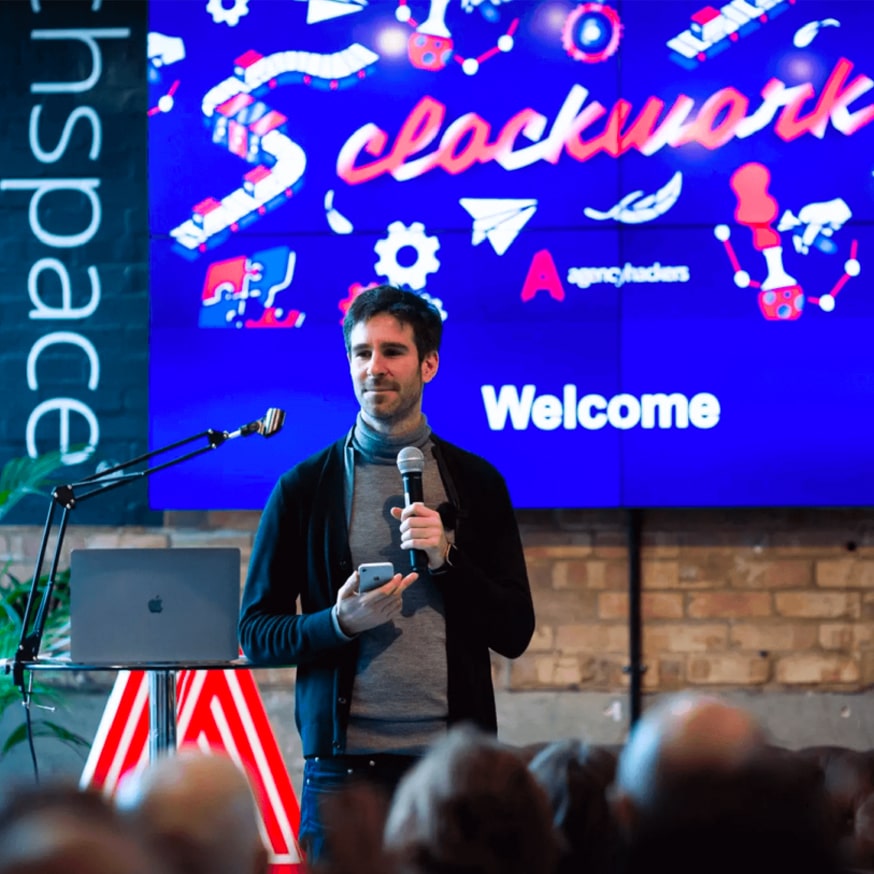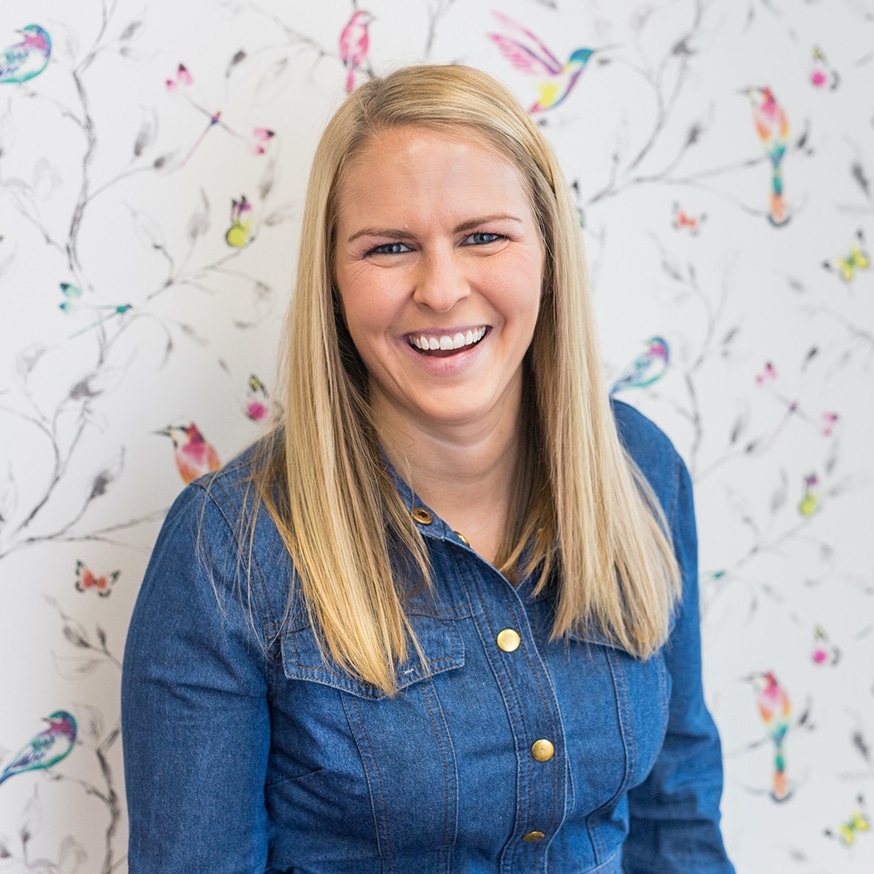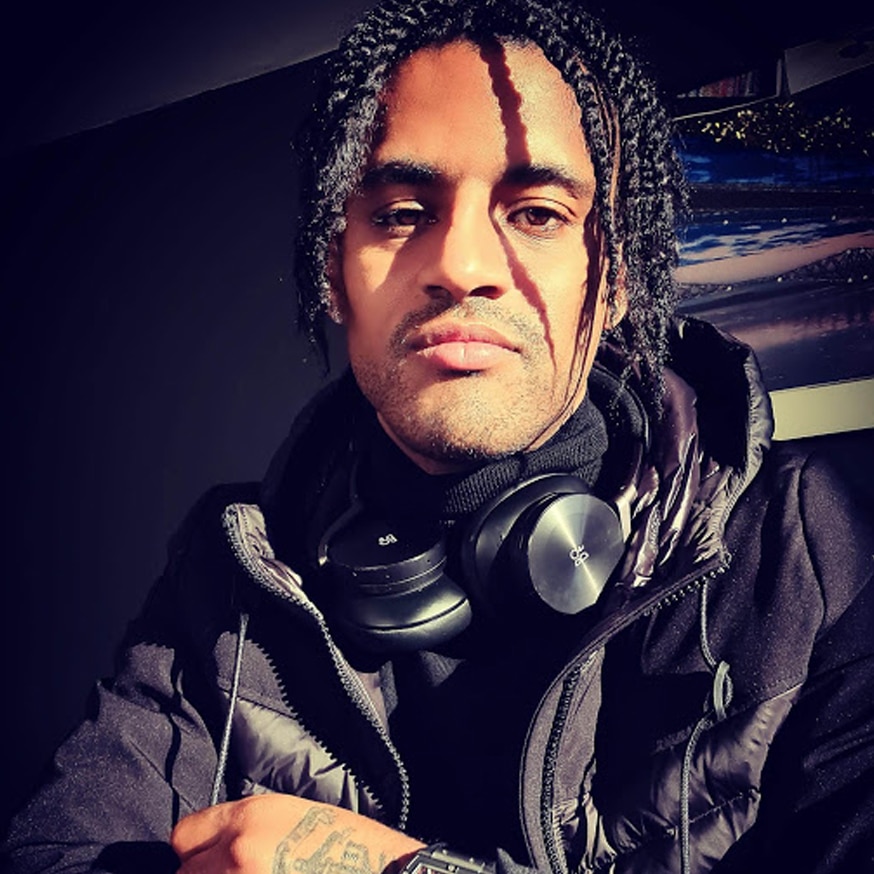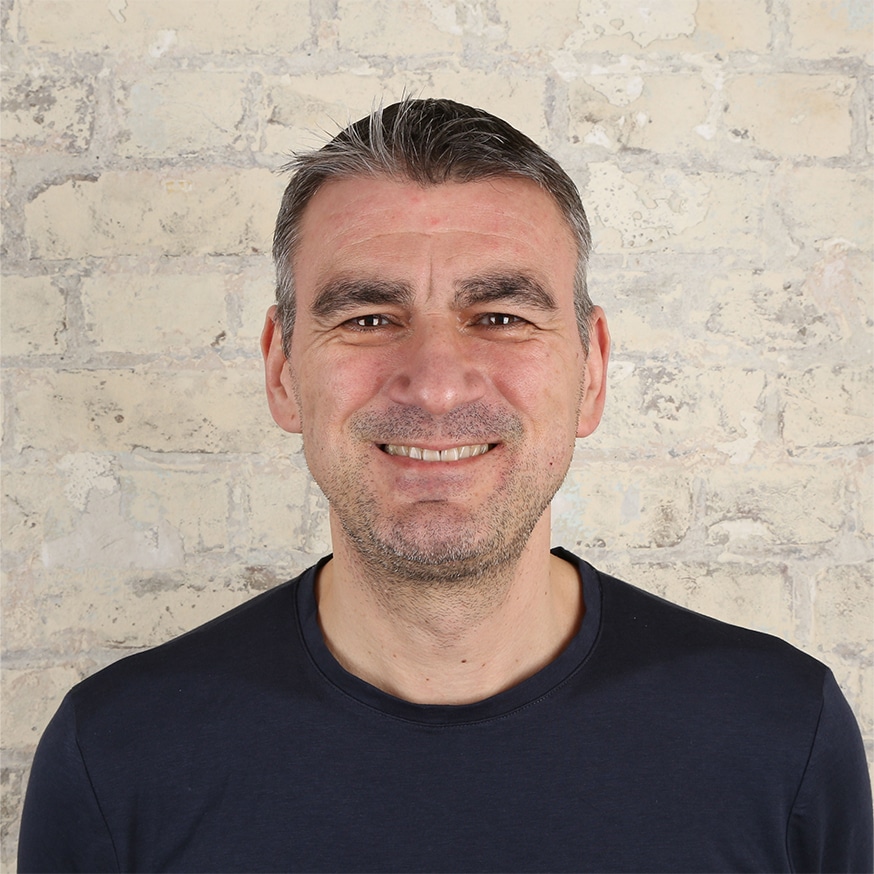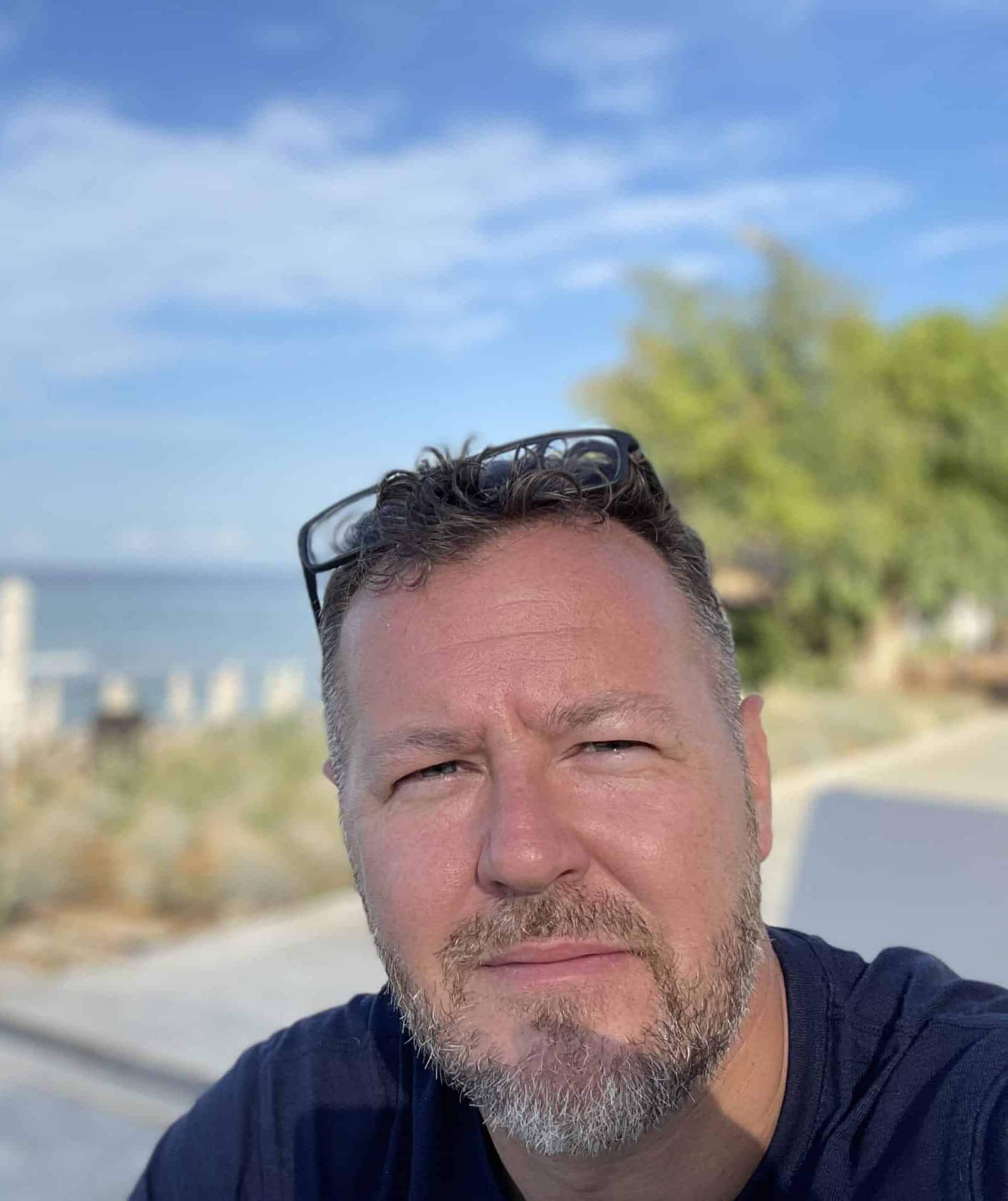
Get the right people on the bus
"Most of the time it isn't the person it genuinely is the organisation"
Andy Smith | Founder | StrategiQ
Questions:
> How would you explain what “get the right people on the bus” means?
> What do you think about this ‘advice’?
> Would you give this advice to other people?
> If not, what alternative advice would you give to agency leaders?
> Who do you think should own the vision in an agency?
> Andy Smith's favourite interview question
How would you explain what “get the right people on the bus” means?
In simple terms, it's ensuring everyone in your organisation is aligned to the vision and purpose but more importantly aligns to the values and behaviours you have agreed as a team. Does everyone in your organisation have a clear part to play? Do they want to be part of the journey? And can they do the role you're asking them to do? We've all worked with people that are in roles they don't like, value or want to do... most of the time they openly admit it and then do their best to reassure themselves it's not them, it's the organisation that’s at fault by vocalising this to their peers. At that point: Bus Stop... off you get!
What do you think about this ‘advice’?
Love it, but it has to be respected and understood before implemented. Most of the time it isn't the person, it genuinely is the organisation. You need really solid leadership teams to really benefit from this theory. Weak or poor leaders blame people for under performance and read traction/use this language naively. Essentially it's great, but only if your leadership team has earned their own place on the bus!
Would you give this advice to other people?
Definitely - it's a solid framework for rational decision making. If the leadership have clear standards and metrics for what great looks like, and agree that people have to align to these to be on the bus, it can take emotion out of leadership which can sometimes delay good decision making. We've all heard the saying "Nothing de-motivates a great employee more than watching you tolerate a bad employee." By implementing the "on the bus" mentality it can make decision making easier when faced with the question “is this person right for us?
If not, what alternative advice would you give to agency leaders?
I’m not sure I'd say this is an alternative but I would make sure your leadership team has a "step up or step aside approach" to work with this aphorism. People are complex, life is tough and sometimes you do have the right person, they absolutely should be on the bus - but they are in the wrong role (did you recruit them correctly?) - so before you make decisions about people's lives, think about other roles they could do within your organisation that better fits their skill set.
I've had situations where an employee absolutely loves the organisation and has been pushing their career (possibly promoted a little too soon, so working into a role), plus they have had issues at home so we've moved them into roles that sit within the skill set to give them time to focus on their life. When life has settled down they can pick the career up but in the meantime they haven't held the company (or other people) back.Step up or step aside is a lovely language to stay in. You don't have to leave but you do have to perform - and it's selfish to hold back the business or other people if you're seated in the wrong place on the bus!
Who do you think should own the vision in an agency?
Always the CEO/Founder - they're the heartbeat of the organisation. It does depend on the level of ownership you're talking about, as clearly in theory everyone should own it. But it's the CEO's vision that sets the temperature of the agency or organisation. I've seen examples and it comes up in lots of exit interviews: " Why now?" "I don't think the leadership is as focused as it once was" and/or "I've lost confidence in the direction of the company." Ultimately, these reactions all flow from the energy the CEO gives to the leadership team, and the rest of the business.
Andy Smith's favourite interview question
Where do you get your drive from your Mum or your Dad?
More recently…
How did the pandemic affect your mental fitness?
Andy Smith's full bio
Andy Smith is the founder of the full service agency StrategiQ.
Insights Discovery! Andy can always see room for improvement and may spend his relaxation time trying, as he sees it, to make himself, and others, better. Driven to achieve competence in all he does, Andy can spot the flaws that may exist in most situations and quickly see how to improve them. He uses his thinking to run as much of the world as he can and is in his element when a situation needs to be organised, criticised or regulated. He focuses on truth, accuracy and productivity, but this can be seen by others as a rather one-sided commitment to his work. Although usually fast paced and direct, people feature prominently in his plans.
Humble promo of Andy Smith and StrategiQ
"If you know any great people that want to be on the StrategiQ bus - get in touch directly with Andy. Or check out their careers page here. I personally think StrategiQ has one of the best learning and development programmes I’ve seen at an agency of their size."
Cheerssss!
Daniel (Polymensa founder)
Explore other perspectives
Christopher Kenna
Founder @ Brand Advance Group
"Who's never caught that bus, because they don't know it exists?"

The Rabbit Hole: Where to?
After spending the last 19 years of my life in the UK, what I know refer to as the 2nd chapter of my life (I grew up in Germany), I wanted to turn the page to chapter 3. In March 2022 my girlfriend and I decided to move to another country.
But where to?
Peak down the rabbit hole

Blindspot: Economics
I’m going to admit, that although I spend a significant amount trying to educate myself about economics, my knowledge would probably equate a tiny single atom in a pumpkin compared to a Keynes or Krugman.
It’s why I rely on people who study this everyday to give me an insight.
And although I don’t always understand what they’re on about, I thought this was one of the simplest explanations of how our economy functions and why we get this thing called inflation.
However, the BIG and far more important question to me is how much longer will this model work and exist. I look forward to a day where there is far less artificially generated demand - than truthfully necessary.
But for now, here are the basics of our current economic engine...
Watch the video


